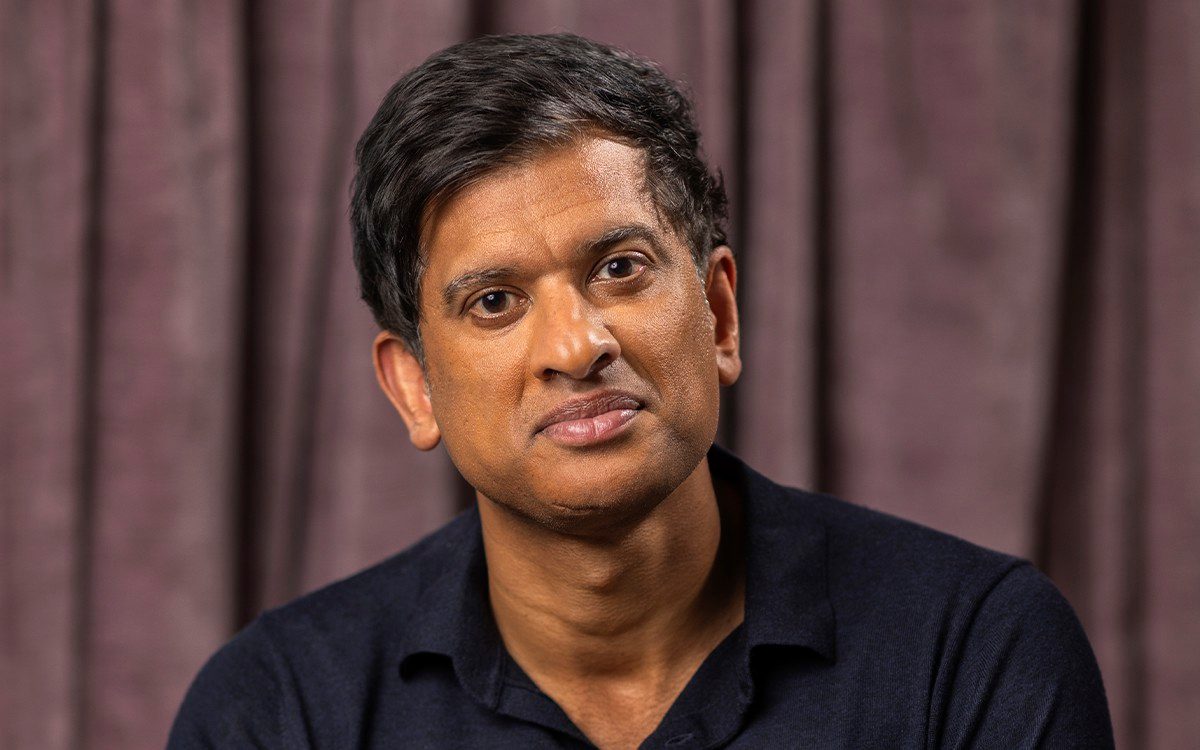
.
. It begins with accepting the basic fact that we will never have time to do everything that is asked of us.
There are only so many hours in a day, and we can only be awake and functioning properly for around 16 of them. Without thinking, we sometimes act as if we will find happiness and peace only when we get to the end of our list of jobs and responsibilities. But there is no end to that list. There will always be something else that our bosses, partners or children would like us to do. There will always be jobs to be done around the house. The to-do list of an ordinary adult is like a magic bucket that keeps refilling itself for ever. We will never thrive unless we accept this truth, learn to prioritise and learn to say no.
Over the past few years, I have come to believe that our reliance on busyness comes from a fear of insignificance. Because our lives now are so disconnected and individualistic, busyness helps us feel important. In the West, we are becoming more and more disconnected, living away from our tribes, families and networks – often in the pursuit of a better job or an enticing opportunity. This creates a deep unconscious fear that we are not of value. This is why we are all hell-bent on trying to prove we have status by always appearing busy.
during the six months prior to the onset of symptoms. It would be radically oversimplifying things to say that stress is the simple and sole cause of their problem. But it does indicate how bad chronic, unmanaged stress is for us generally, and how it sets up the conditions for us to fall seriously ill.
When I come across someone who describes themselves as a workaholic, I’ll often ask them, “What’s your endgame?” The fact is, if they continue to rely on busyness in order to feel happy, there’s a high chance they will suffer from some form of burnout or a serious illness, or see their marriage break down, or have a difficult relationship with their children.
. It is highly likely that you or someone close to you is right now on the road to this very real and damaging condition. One survey showed that 88 per cent of UK workers had suffered from burnout in the past two years. I find this staggering. Whether this truly reflects the current situation across the entire UK, I am not so sure, but it is an alarming statistic that should demand we all sit up and take notice.
Six signs of burnout
1. Disconnection
A feeling of separateness from the people around you, like you’re watching them from behind a window.
2. Emotional exhaustion
Becoming cynical about everything and everyone. Little things become irrationally agitating. Small requests from loved ones start to really bother you.
3. Creativity crash
At work, an inability to think creatively leads to a declined work performance, which creates more stress and anxiety. At home, simple problems and obstacles mount up as you find yourself unable to think of a way through them.
4. Inability to feel pleasure
You no longer are able to find pleasure in simple things. Pastimes and experiences that used to give you pleasure no longer do.
5. Tired and wired
You feel physically exhausted all the time and have no energy to do anything, yet you also struggle to sleep.
6. Self-care spiral
Your diet gets worse as you skip meals, snack late at night and begin comfort eating. You stop moving your body. You stay up later and later into the night, watching box sets and trash on TV as you try to unwind.
Six ‘slow day’ suggestions
Those of us with a reliance on busyness would benefit hugely from taking a slow day once a week. Ideally, everything that you do that day would be carried out with the energy of slowness. Just a few hours of ‘slow living’ each week will help you feel calmer and more present. Exactly what you do is up to you and will depend on the context of your life and your responsibilities, but here are some ideas to get you thinking:
- Walk slowly in nature – without your phone, if you are able to.
- Enjoy a leisurely breakfast without the pressure of finishing by a certain time.
- Drive five miles per hour under the speed limit – assuming it is safe to do so, of course. For some people, this will be extremely hard and demonstrate their constant reliance on busyness and speed.
- If you are going out for a drive, you could take a moment when you get inside your car to dust off the dashboard and give the seats a little clean, instead of just driving off as you might ordinarily do.
- Take extra time to cook meals, with a focus on the process rather than the outcome. Can you enjoy the time spent cooking? Perhaps you could listen to music or a podcast you have not found time for during the week. Have a slow, relaxed lunch or dinner where you spend time eating, chatting, laughing and enjoying. The meal becomes something to savour rather than something to quickly get done.
- Slow, mindful practices such as knitting or crocheting or painting. Or work on a complex jigsaw.
Make Change That Lasts: 9 Simple Ways To Break Free From the Habits That Hold You Back, by Dr Rangan Chatterjee (Penguin, £18.99), is out now
Dr Rangan Chatterjee: 'Change isn't as hard as you think'
The former GP and top podcaster on escaping burnout, making changes that last and why, at 47, he's happier than ever


Post a Comment
0Comments